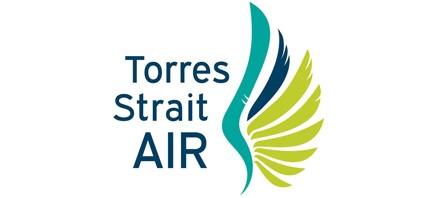Torres Strait Air (Horn Island) will take delivery of two Tecnam P2012s in May and June, becoming the first Australian operator of the type. The deal, worth AUD22 million Australian dollars (USD14.5 million), includes options for three further short take-off and landing versions.
“From the moment Tecnam announced the Traveller, we knew it would be perfect to replace the many 40-to-50-year-old, high-time, tired, ageing twin aircraft still operating in Australia," said Michael Loccisano, CEO of Hallmarc Aviation, Costruzioni Aeronautiche TECNAM's Australian sales agent for the P2012.
According to the aircraft register of Australia's Civil Aviation Safety Authority, Torres Strait Air operates three Cessna (single piston) 206s, nine BN-2s, and one Commander Shrike. Its website shows it flies from its Horn Island base to multiple Torres Strait islands, airports on the Cape York Peninsula as far south as Cairns, and is licenced to fly to Daru and Port Moresby if required to do so.
"We are excited to progressively expand our operating fleet with Tecnam P2012 Travellers," said Torres Strait Air CEO Daniel Takai. "The STOL capability will be a game changer for our communities."
The National Australia Bank's Indigenous Fund is financing the acquisition. Over the next three years, the bank aims to more than double its lending to indigenous businesses and community organisations to at least AUD1 billion (USD660 million). The fund seeks to support the economic advancement and financial aspirations of Australia's indigenous people.
The acquisition of the P2102s is part of a broader fleet renewal programme underway at Torres Strait Air that will cost the airline around AUD45 million (USD29.6 million). Last year, Takai also signed a letter of intent (LOI) with Britten-Norman to acquire up to ten Islanders to replace the existing BN-2s and Shrike. The UK aircraft manufacturer has recently been sold, drawing a line under a period of uncertainty for the company. At the time of the sale announcement, Britten-Norman CEO William Hynett said he looked forward to converting its many LOIs into firm orders and deposits.
